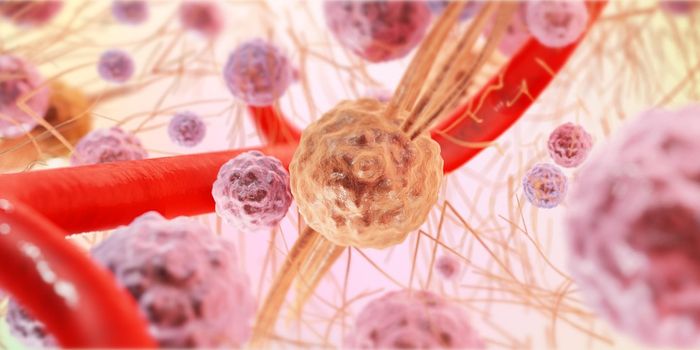Drug Shows Promise in treating Spinal Cord Injury
A drug developed by AstraZeneca preserves 80% of nerve function following spinal cord injury (SCI). The corresponding study was published in Clinical and Translational Medicine.
"There is currently no reparative drug available for SCI patients. Treatments only provide symptomatic relief and do not tackle the underlying molecular mechanisms that cause or contribute to oedema and blood-spinal cord barrier breakdown, "said Professor Zubair Ahmed, Professor of Neuroscience and lead for the Neuroscience and Ophthalmology Section at The University of Birmingham, and lead author of the study.
"This drug has the potential to be a first-in-class treatment against some of the key pathological drivers of SCI and could revolutionize the prospects for recovery of SCI patients," he added.
The drug is called AZD1236, and is a selective inhibitor of two enzymes- MMP-9 and MMP-12- that play a role in the inflammatory process. In the present study, the researchers tested the drug in mouse models of spinal cord injury.
In doing so, they found that AZD1236 led to an 85% improvement in movement and sensation after only three days of treatment, beginning 24 hours post-injury. They further found that at three weeks, mice treated with the drug showed an 'unprecedented' recovery. In contrast, control animals still demonstrated significant deficits at six weeks post-injury.
In terms of biomarkers, the researchers found that oral dosing of AZD1236 reduced enzyme activity by 90% in serum and 69-74% in cerebrospinal fluid. Intrathecal injection- injection around the spinal cord- reduced enzyme activity by 88-90% in the cerebrospinal fluid.
The drug also suppressed the production of pro-inflammatory cytokines- known to contribute to long-lasting neuropathic pain- by 85-95%, and was 82% more effective than current treatments such as pregabalin and gabapentin in reducing neuropathic sensitivity to cold, heat, and touch.
"Exploring the potential of AZD1236 for this new indication represents a great outcome for our Open Innovations programme and aligns with our ethos of "sharing ideas and enabling scientific innovation to cross boundaries between academia and industry will help to translate innovative ideas into scientific breakthroughs and potential new medicines more quickly," said Hitesh Sanganee Ph.D, Head of Emerging Innovations at AstraZeneca.
Sources: Clinical and Translational Medicine, Science Daily









